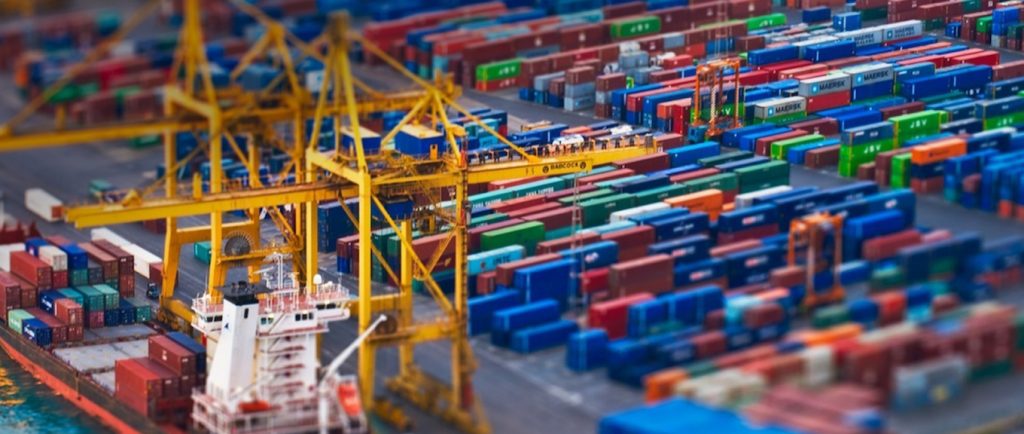You don’t have to know David Ricardo from Ricky Ricardo to understand the problems with President Trump’s approach to fixing America’s trade woes.
[ Spencer Jakab | March 5, 2018 | WSJ]
But a seemingly unrelated news item on Monday shows what is being ignored in the debate over Mr. Trump’s tariffs: The U.S. trade balance may be much worse than it looks.
The reason is the boom in U.S. energy production has dramatically reduced the need for oil imports. The U.S. trade deficit in goods and services was $566 billion last year, and in December widened to its highest since 2008. The annual deficit with China alone climbed to $375.2 billion.
It would have been much worse without energy. Since 2007 net trade in three major categories of petroleum and related products plus natural gas has improved by $233 billion. If anything, that improvement understates the impact of the collapse in natural gas prices since 2008, which has given a boost to industries such as petrochemicals and fertilizers that were then in steep decline.
On Monday, the International Energy Agency predicted that the U.S. would continue to benefit over the next five years from rising oil production, which will cover more than half of the growth in global demand over that time. Total production of oil and related liquids is seen growing from last year’s record 13.2 million barrels a day to 17 million by 2023, led by prolific shale deposits like the Permian Basin.
While energy might seem like a saving grace, the flip side is that the balance of trade in all manner of value-added products has deteriorated more than headline trade numbers indicate. Although a dollar of exported crude has the same impact on national accounts as a dollar of microprocessors or machinery, it is arguably a lower-quality export.
A commodity’s price is dictated by market vagaries. There are fewer positive effects in terms of related products, jobs or intellectual know-how. Those countries most reliant on commodity exports often tend to have low standards of living while those most dependent on imports tend to be the most dynamic and scientifically advanced. Think Japan, South Korea, Western Europe and, until recently the top crude importer, the United States.
That distinction of top importer was recently claimed by rapidly developing China.













